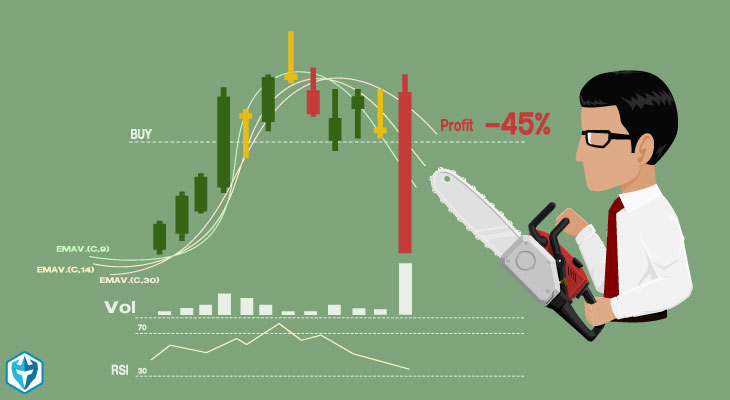Options are a financial derivative that trade based on the price action of the underlying asset and are bought and sold in units called contracts, which usually represent 100 shares per contract of the underlying. Options come in two different types: calls and puts. Traders can choose to buy (option holder) a call/put long or sell […]










